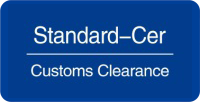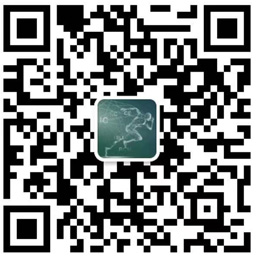EMC Electromagnetic Compatibility Test
Electromagnetic compatibility (EMC) refers to the ability of a device or system to operate in compliance with the requirements in its electromagnetic environment and not produce intolerable electromagnetic interference to any device in its environment. EMC includes two requirements: on the one hand, it means that the electromagnetic interference generated by the equipment to the environment during normal operation cannot exceed a certain limit (EMI); on the other hand, it means that the equipment has the electromagnetic interference in the environment. A certain degree of immunity, namely electromagnetic susceptibility (EMS). Standard test certification provides professional technical support from PCB Layout, circuit component specifications, etc., to provide professional services for your products to meet EMC electromagnetic compatibility regulations.
Details













 scan
scan scan
scan
